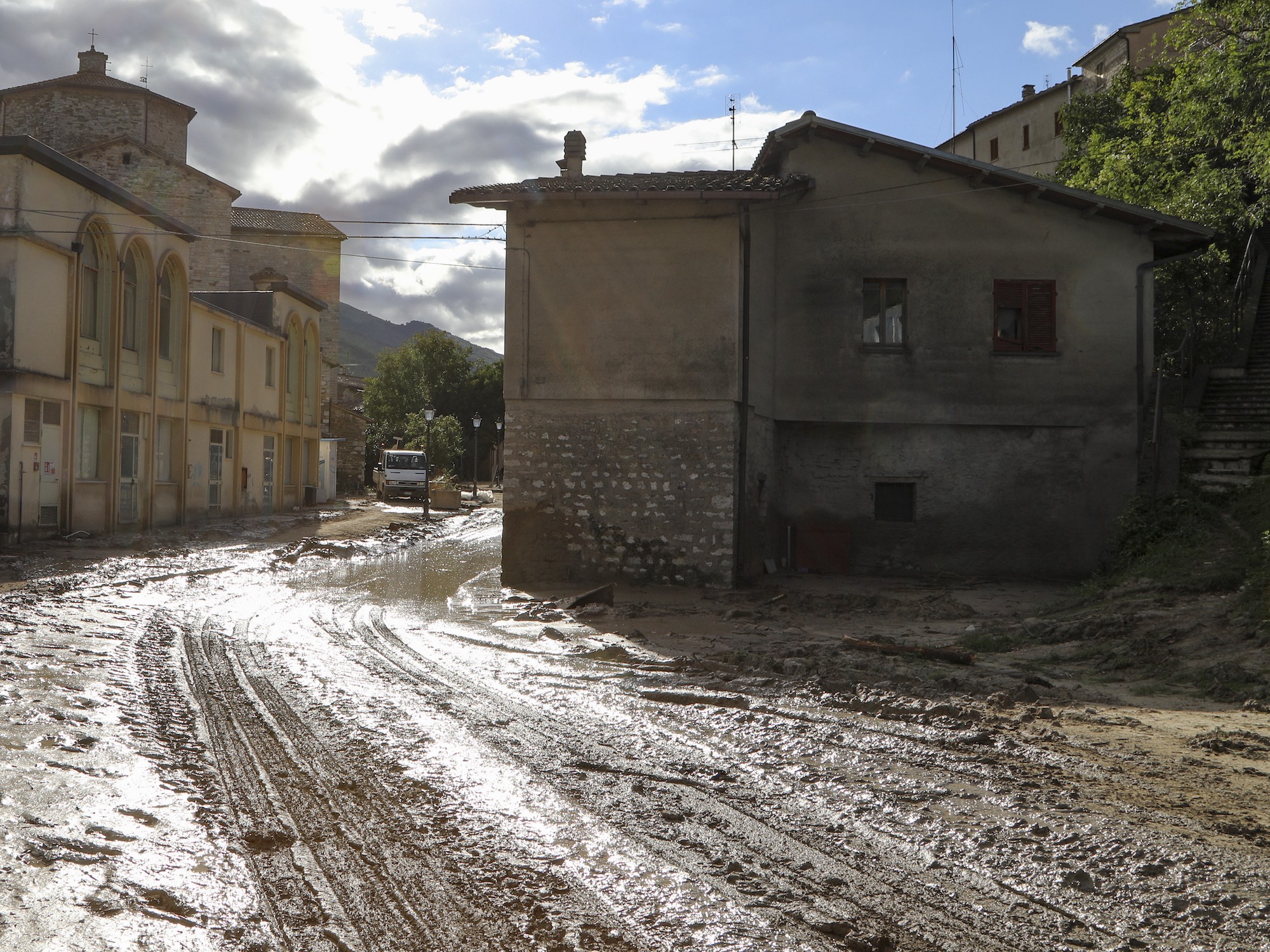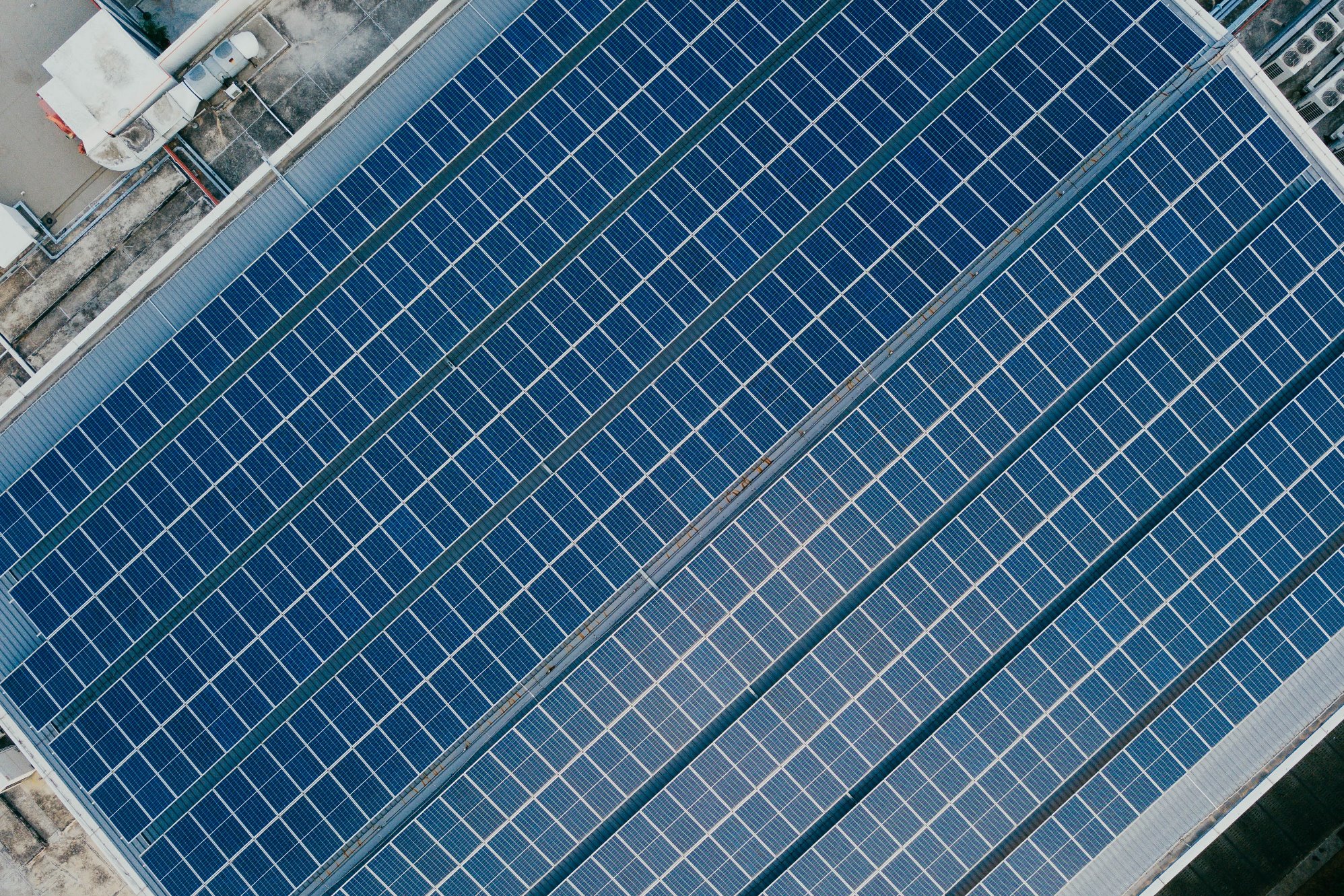In 2017 the Trump administration disbanded the Advisory Committee for the Sustained National Climate Assessment, who were previously involved in providing recommendations to government agencies on the basis of scientific data and information included in the federal climate assessment report which is issued every four years. The Advisory Committee’s job was to provide information for public and private institutions on climate change. Trump’s decision to release them of their duties further added to the scientific community’s concern surrounding the administration’s stance on climate change.
In response, the panel has now reconvened thanks to the invitation of New York Governor Andrew Cuomo and support from Columbia University and the American Meteorological Society. They have formed the Independent Advisory Committee (IAC), a group of climate researchers; state, local, and tribal officials; and other experts. On April 4th 2019, IAC released the Evaluating Knowledge to Support Climate Action report that focuses on using science to accelerate climate change action throughout the USA. Part of the initiative also involved the creation of the Science for Climate Action Network (SCAN), whose mission is to act upon the report’s recommendations by overseeing the preparation of applied climate assessments that evaluate the quality and usability of climate science to mitigate and manage climate threats.
The report identifies missing support areas that are slowing progress in climate change mitigation and adaptation strategies, highlighting that new types of support are required, including technical guidance on how to use climate science to customize adaptation and mitigation strategies so that they can be adapted to local realities. According to SCAN there is a need to create a network or “civil-society-based climate assessment consortium”, that can provide more localized help for communities threatened by climate change.
SCAN will assist state, local and Native American tribal governments in using the scientific knowledge produced in the U.S. National Climate Assessments and other sources to create resilience in their communities, whilst also helping them decrease their emissions. For instance, they will advise on how to choose and make sense of data sets and methods when planning for extreme weather events.
“Local governments and communities need help to use climate science to evaluate how mitigation and adaptation opportunities interact with their broader goals,” says Richard Moss, the lead author of the report. “This new approach will make it easier to develop science-based pathways to address climate threats to local economic growth, infrastructure, and public health.”
Read the SCAN Press Release.
Read the Report.
Read the US Fourth National Climate Assessment.






